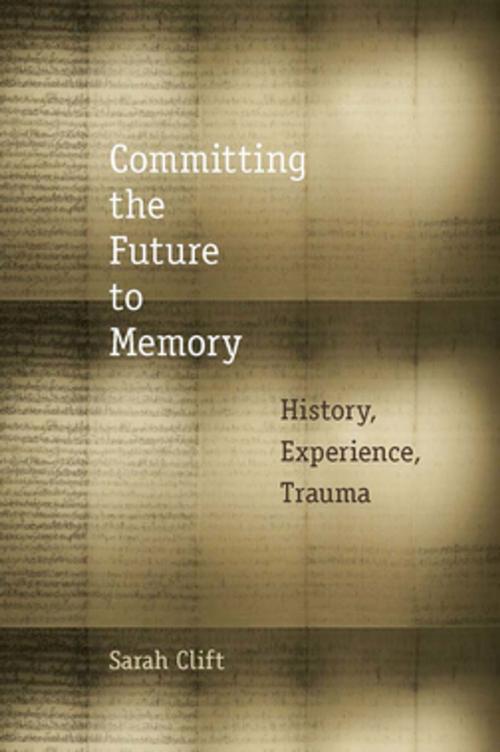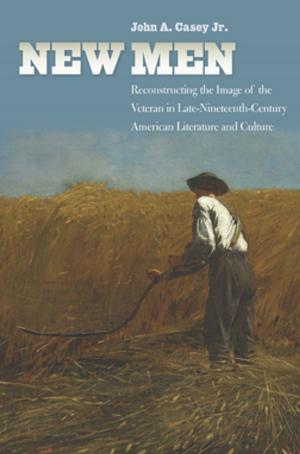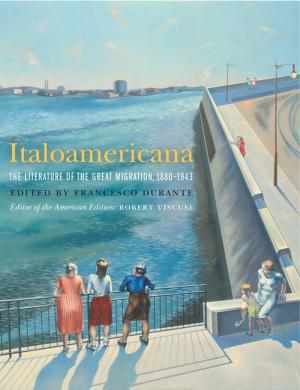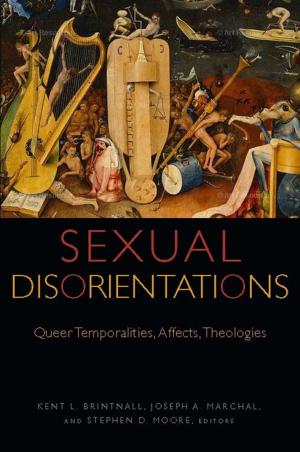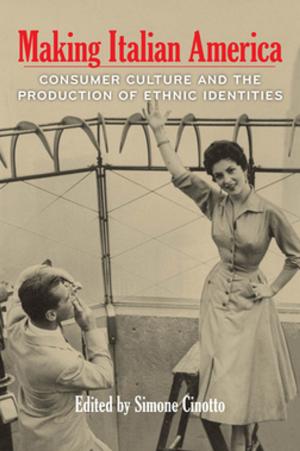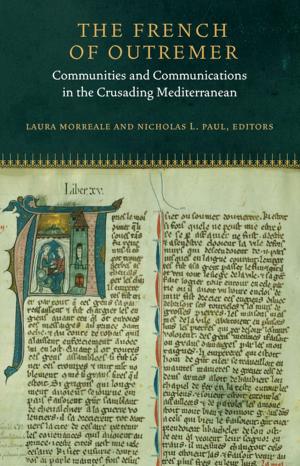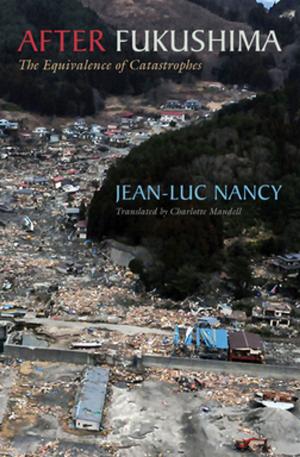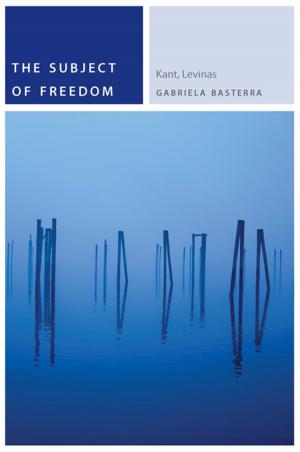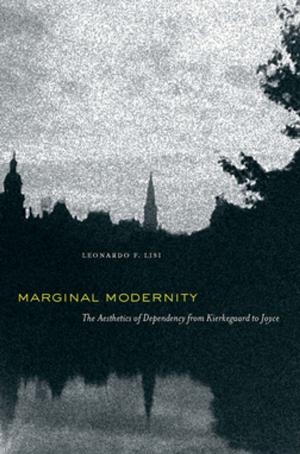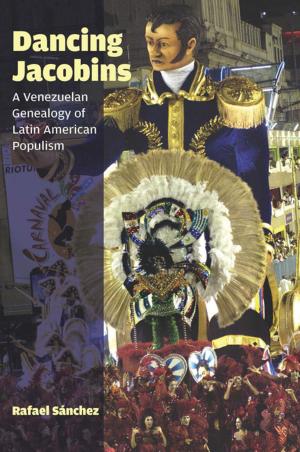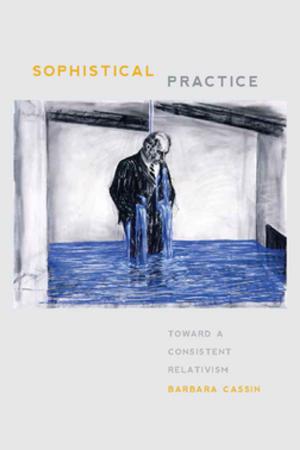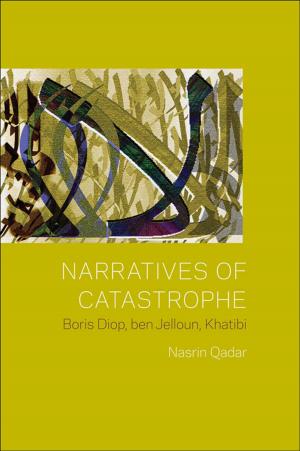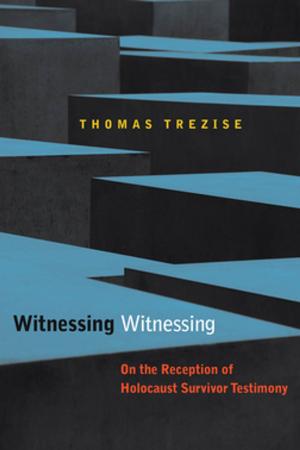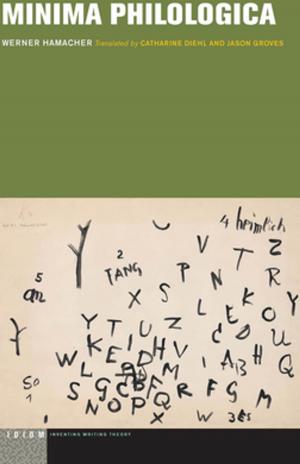Committing the Future to Memory
History, Experience, Trauma
Nonfiction, History, Reference, Historiography, Religion & Spirituality, Philosophy, Political| Author: | Sarah Clift | ISBN: | 9780823254224 |
| Publisher: | Fordham University Press | Publication: | November 11, 2013 |
| Imprint: | Modern Language Initiative | Language: | English |
| Author: | Sarah Clift |
| ISBN: | 9780823254224 |
| Publisher: | Fordham University Press |
| Publication: | November 11, 2013 |
| Imprint: | Modern Language Initiative |
| Language: | English |
Whereas historical determinacy conceives the past as a complex and unstable network of causalities, this book asks how history can be related to a more radical future. To pose that question, it does not reject determinacy outright but rather seeks to explore how it works. In examining what it means to be “determined” by history, it also asks what kind of openings there might be in our encounters with history for interruptions, re-readings, and re-writings.
Engaging texts spanning multiple genres and several centuries—from John Locke to Maurice Blanchot, from Hegel to Benjamin—Clift looks at experiences of time that exceed the historical narration of experiences said to have occurred in time. She focuses on the co-existence of multiple temporalities and opens up the quintessentially modern notion of historical succession to other possibilities. The alternatives she draws out include the mediations of language and narration, temporal leaps, oscillations and blockages, and the role played by contingency in representation. She argues that such alternatives compel us to reassess the ways we understand history and identity in a traumatic, or indeed in a post-traumatic, age.
Whereas historical determinacy conceives the past as a complex and unstable network of causalities, this book asks how history can be related to a more radical future. To pose that question, it does not reject determinacy outright but rather seeks to explore how it works. In examining what it means to be “determined” by history, it also asks what kind of openings there might be in our encounters with history for interruptions, re-readings, and re-writings.
Engaging texts spanning multiple genres and several centuries—from John Locke to Maurice Blanchot, from Hegel to Benjamin—Clift looks at experiences of time that exceed the historical narration of experiences said to have occurred in time. She focuses on the co-existence of multiple temporalities and opens up the quintessentially modern notion of historical succession to other possibilities. The alternatives she draws out include the mediations of language and narration, temporal leaps, oscillations and blockages, and the role played by contingency in representation. She argues that such alternatives compel us to reassess the ways we understand history and identity in a traumatic, or indeed in a post-traumatic, age.
